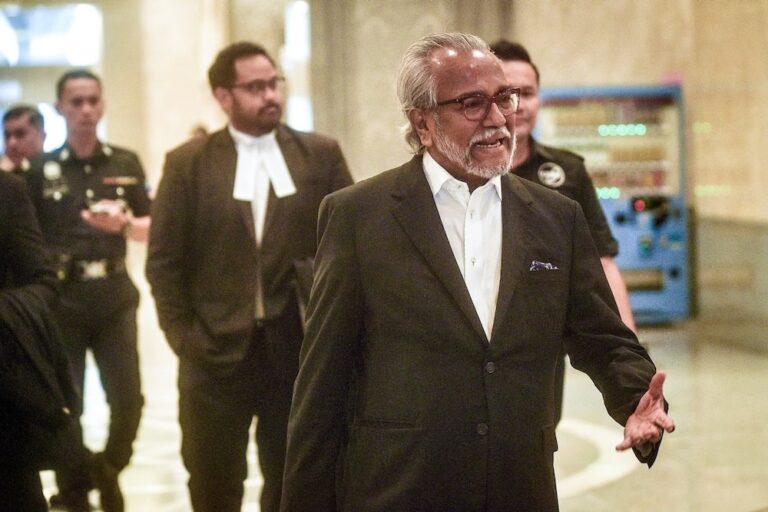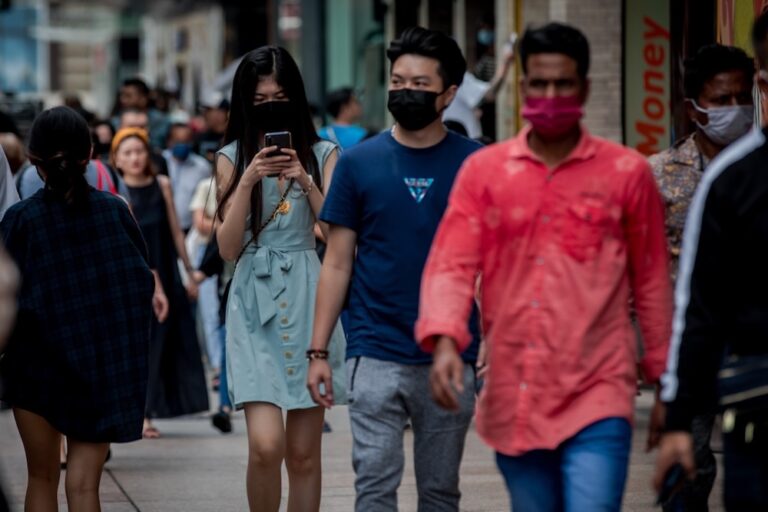(SEAPA/IFEX) – Following repeated threats by ministers and members of Parliament over the past three years to control online content, the Malaysian government is setting up a task force to look into how it might apply existing legislation on new media without contravening the country’s Bill of Guarantee against Internet censorship. On 13 June 2007, […]
(SEAPA/IFEX) – Following repeated threats by ministers and members of Parliament over the past three years to control online content, the Malaysian government is setting up a task force to look into how it might apply existing legislation on new media without contravening the country’s Bill of Guarantee against Internet censorship.
On 13 June 2007, the Cabinet decided that a task force of senior officers from ministries, a government agency, the Attorney-General’s Chambers and the police will scan existing legislation that can be used to check “pornographic and seditious” online content.
The local newspaper “New Straits Times” quoted an unnamed source as saying that websites and blogs on race, religion, politics and those critical of the government would be targeted.
More ominously, the task force will look at how the overbroad 1948 Sedition Act can be expanded to cover online material.
SEAPA shares the concerns of its local partner, the Centre for Independent Journalism (CIJ), that this marks the start of official censorship of the Internet and is likely to further curb free speech in a country whose media already suffer from severe self-censorship.
“Although the government expressly states that it will continue to honour the Bill of Guarantee, drafted to attract foreign technocrats and investors, the decision to set up the taskforce shows that the government’s intention to control the Internet remains strong,” CIJ said in a 15 June 2007 statement ( http://www.cijmalaysia.org/display_story.asp?ID=509 ).
“We urge the government to balance alleged online rumours with an open and free press by repealing the 1984 Printing Presses and Publications Act (PPPA), thus increasing the credibility of the press as a source of independent information,” CIJ said.
The PPPA is the main legislation limiting press freedom in Malaysia. The law mandates all publishers to obtain a government permit, renewable annually, thus creating a climate of self-censorship among journalists, editors and publishers.
SEAPA joins CIJ in calling for a parliamentary select committee on communication rights, which will include diverse groups to study issues of freedom of speech on the Internet and the mass media.


